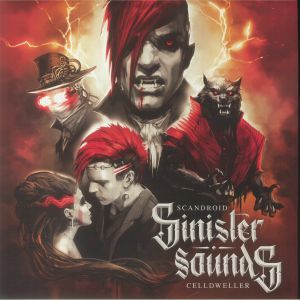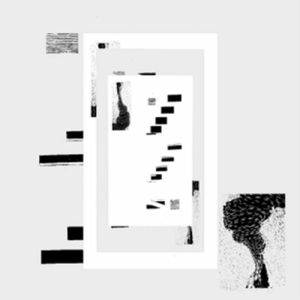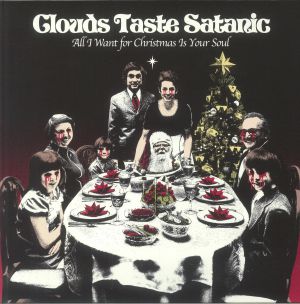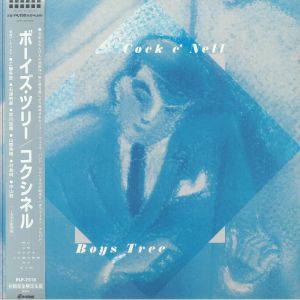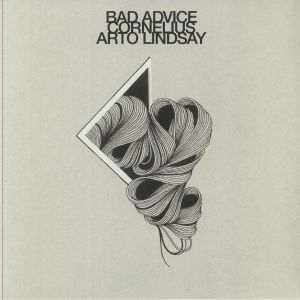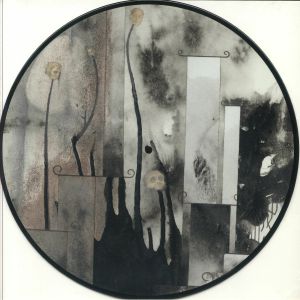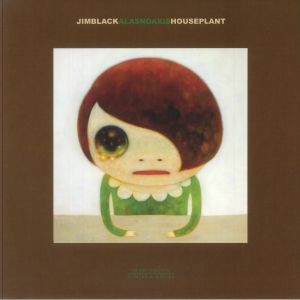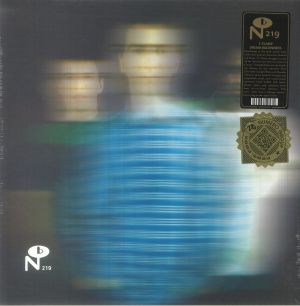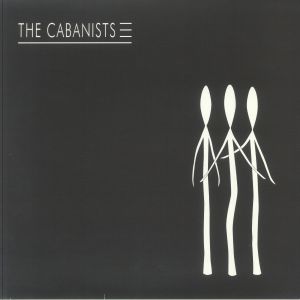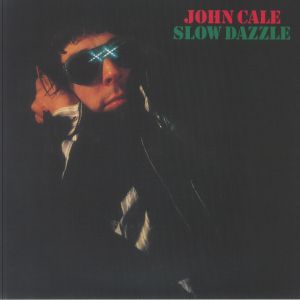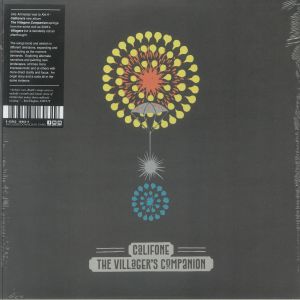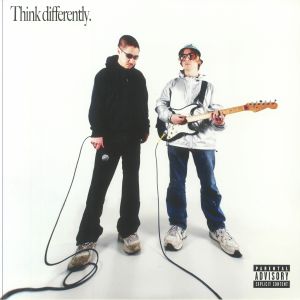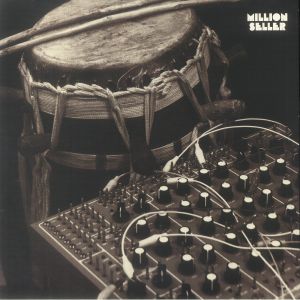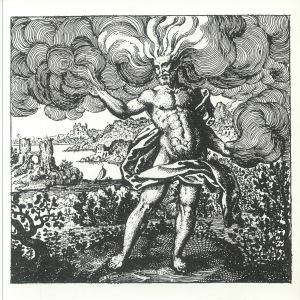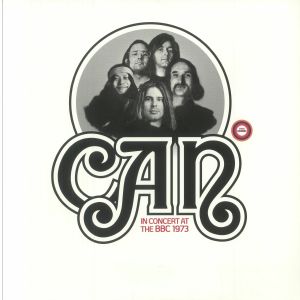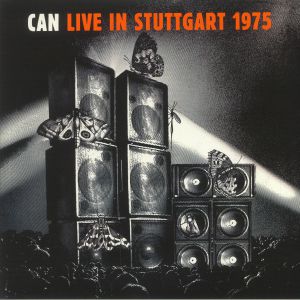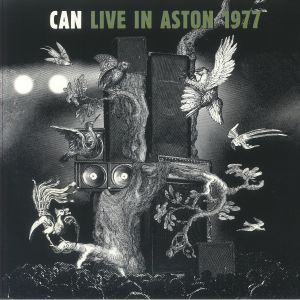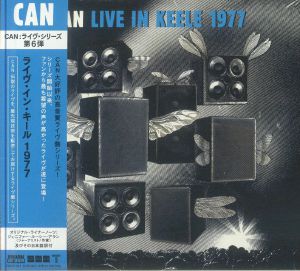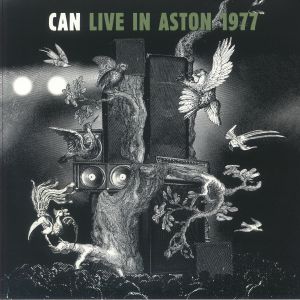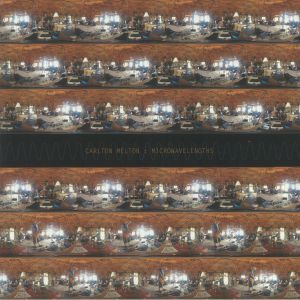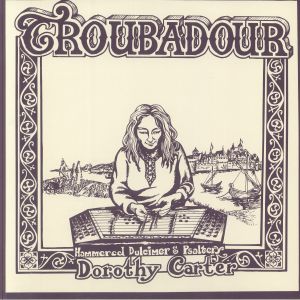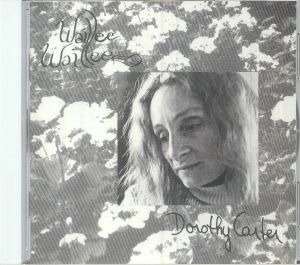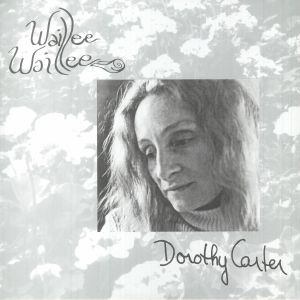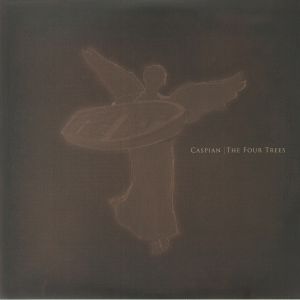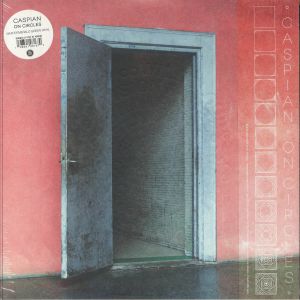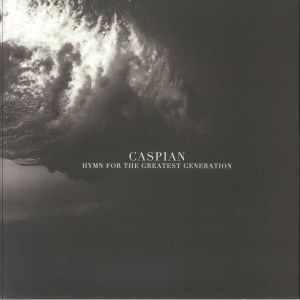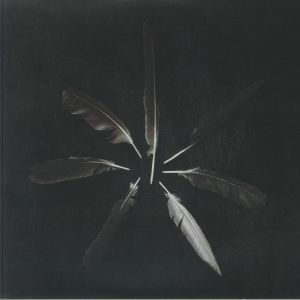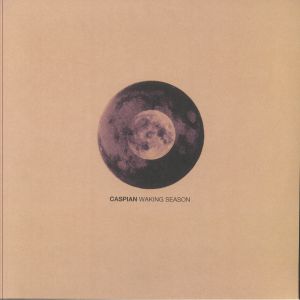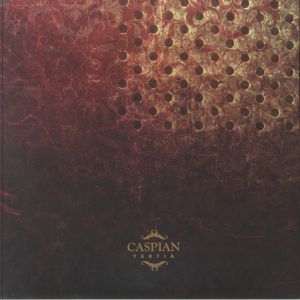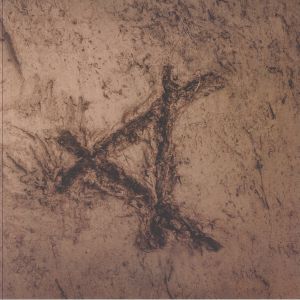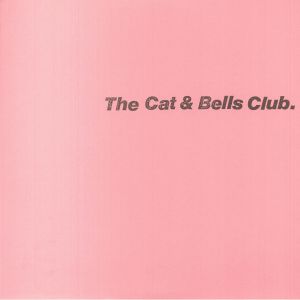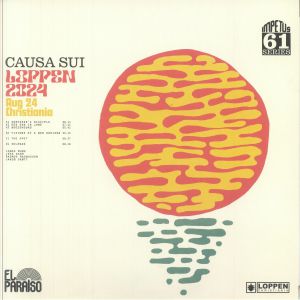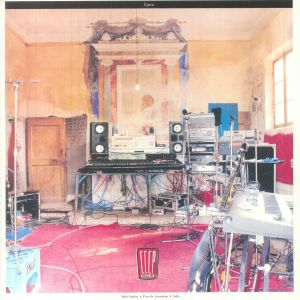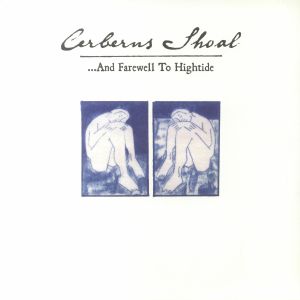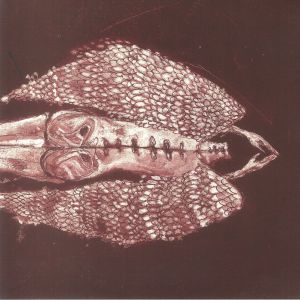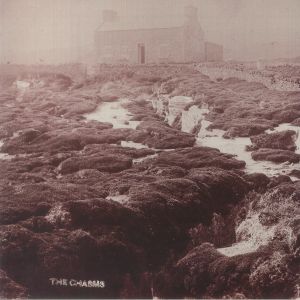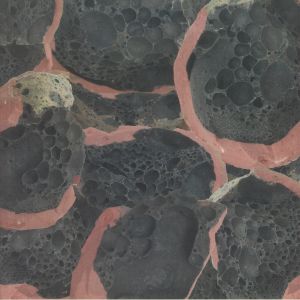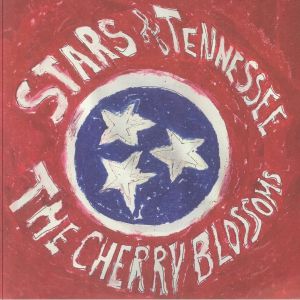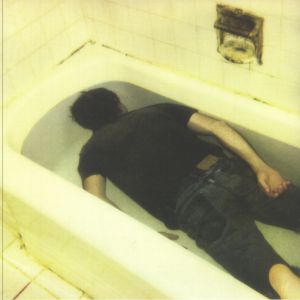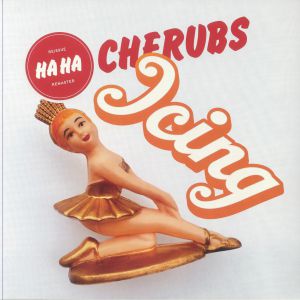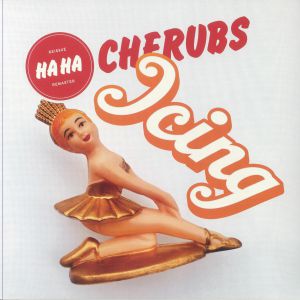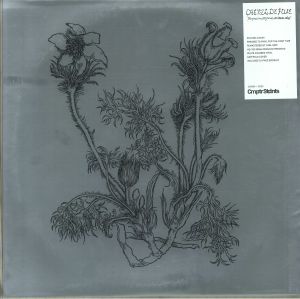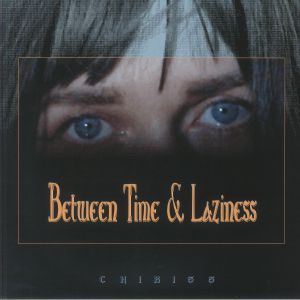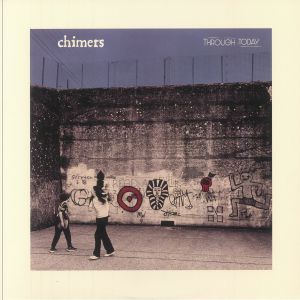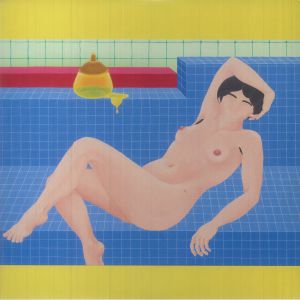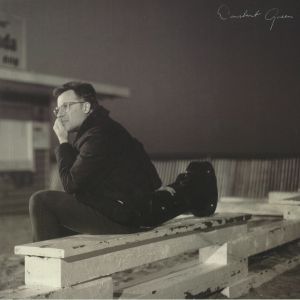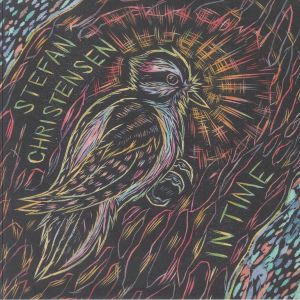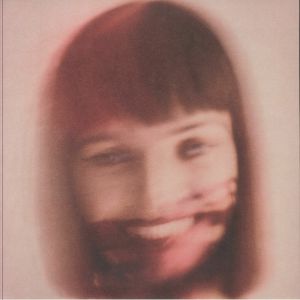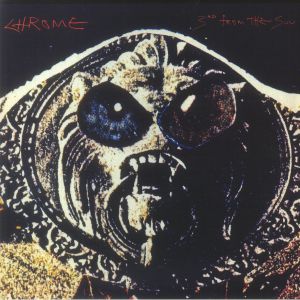Filter
Stock
Label
Featured
Release Title
Price
Tags
Back catalogue: Post Rock/Experimental
Juno's full catalogue of Post Rock/Experimental
Singles
Sinister Sounds (custom shaped silver & maroon splattered vinyl 12")
Cat: FXT 1349. Rel: 02 Jan 24
in stock $23.41
in stock $22.94
All I Want For Christmas Is Your Soul (red green & white haze vinyl 10" + sticker + MP3 download code)
Cat: KLM 19. Rel: 11 Oct 24
in stock $25.42
Boys Tree (reissue) (12" + insert with obi-strip)
Cat: PLP 7518. Rel: 21 Feb 25
in stock $37.86
Bad Advice (limited 12" in spot-varnished sleeve)
Cat: WPJL 10224. Rel: 22 Aug 24
Review: Acclaimed Japanese artist Cornelius is back with a new three-song EP, Bad Advice/Mind Train, featuring a collaboration with Arto Lindsay. The EP's first single, 'Mind Train,' is an epic nine-minute track inspired by Yoko Ono which blends ethereal space-pop with minimalist structures and bursts of exhilarating chaos. Cornelius describes 'Mind Train' as a symbol of spiritual and inner exploration that is designed to prompt self-reflection. The accompanying video, created by renowned visual stylist Keita Onishi, enhances this journey with stunning retro-futuristic graphics that allow you to explore your own interpretations.
… Read moreGespielt von: Marco Gallerani, Juno Recommends Downtempo
in stock $27.91
In Menstrual Night (12" picture disc + autographed photocard)
Cat: HOMALEPH 07LP. Rel: 11 Mar 24
Review: David Michael Tibet's exploration of the arcane mysteries through Current 93 are an intriguing subculture all of their own, sat somewhere to the side of Coil and the other mystics of the post-industrial scene. In Menstrual Night was released in 1986 as two long form pieces that layer up voices into a mesmerising swirl. The cast of collaborators on the project include such luminaries as Steven Stapleton, Keiko Yoshida, Rose McDowall, Boyd Rice and the late John Balance. Now House Of Mythology have created a faithfully recreated picture disc vinyl edition, sure to be quickly gathered up by the faithful followers of this fascinating corner of electronic music.
… Read moreGespielt von: Juno Recommends Leftfield, Juno Recommends Experimental
in stock $34.26
Alben
Houseplant (reissue) (LP)
Cat: 917154 1. Rel: 04 Mar 25
Review: Jim Black's Houseplant sees the progressive-jazz drummer continue to refine his signature style, a fusion of jazz and rock that's as quirky as it is inventive. While not a radical shift from his previous works, this 2009 release showcases Black's distinctive approach to drumming, blending complex rhythms with sly, punchy backbeats that keep the session lively. Backed by his longtime band Alas No Axis, Black delivers a sprightly set with guitarist Hilmar Jensson, whose polytonal riffs add texture, and saxophonist Chris Speed, who brings a smoother edge to the more intense moments. Tracks like 'Malomice' highlight the band's ability to shift seamlessly between acid-rock and jazz, with Speed's saxophone weaving off-kilter melodies over Black's precise, crashing grooves. The mood softens on introspective cuts like 'Elight,' where the musicians ease into more delicate, atmospheric territory. Bassist Skuli Sverrisson provides the glue, his limber playing driving the energy throughout. Houseplant is a masterclass in balancing catchy riffs with jazz improvisation, offering an intense but melodic exploration of jazz-rock fusion.
… Read more in stock $25.97
Dream Backwards (3xLP box set + booklet in slipcase)
Cat: NUM 219LP. Rel: 07 Dec 23
in stock $38.69
in stock $26.52
Review: This is the second of three inventive and influential albums that John Cale released through Island Records in the mid-70s. The Velvet Underground founding member was in stellar company with Brian Eno, Roxy Music's Phil Manzanera and one of the most prolific studio session guitarists of all time, Chris Spedding, all appearing on the album. The album is stacked with bangers, but of note is the life-affirming and soulful 'Dirtyass Rock 'n' Roll; his cover of 'Heartbreak Hotel', which is one of the best covers ever recorded and 'I'm Not The Loving Kind'. The latter gained recognition most recently when the late, great Mark Lanegan covered it beautifully for his Imitations album. Cale will forever be a wellspring of inspiration.
… Read more in stock $29.57
The Villager's Companion (LP + MP3 download code)
Cat: LPJBR 257. Rel: 12 Feb 25
in stock $27.37
in stock $20.18
Million Seller (gatefold LP + 1-sided LP (side 4 etched))
Cat: WR 4816LP. Rel: 28 Dec 23
in stock $23.70
Atalanta Fugiens (purple vinyl LP + insert)
Cat: PPCY 8802381. Rel: 14 Jun 24
in stock $43.10
Review: Recorded for BBC Radio In Concert during Can's 1973 UK tour, this exceptional live performance showcases the cult favourite band at their peak. The five-piece group did their usual trick of expertly weaving together repeating themes and riffs while responding to each other in real-time. The dynamic interplay between keyboards from Schmidt, guitar from Karoli and Suzuki's vocals is driven by the powerful Czukay and Liebezeit rhythm section. Featuring comprehensive sleeve notes and full recording details, this release includes all tracks written by Can members Czukay, Karoli, Liebezeit, Schmidt and Suzuki, all of which were captured live at The Paris Theatre, London on February 19th. A great bit of Can history.
… Read more in stock $22.10
Live In Stuttgart 1975 (limited trifold orange vinyl 3xLP + booklet + MP3 download code)
Cat: SPOON 63. Rel: 28 May 21
Review: RECOMMENDED
You always feel like you've pushed through the other side of the mirror when it comes to CAN. A mysterious, groove-laden, funk-infused yet utterly lucid place where guitar hooks seem to come out of the walls, rhythmic hypnosis draws listeners ever-deeper into a place that, while perhaps not entirely theirs, is one which they helped build in the outer limits of late-1960s surrealist rock.
Laying the foundations for early progressive and krautrock with an avant-garde approach to songwriting, by the time this Stuttgart gig took place they had almost a decade of work to go at, and yet as the tracklist suggests the band always had improvisation at their core in a live setting. Concerts that would transport crowds far beyond the venue, into thick layers of melody, hooks and strange effects, every single recording of every show is a genuine moment in history never to be repeated again.
… Read moreYou always feel like you've pushed through the other side of the mirror when it comes to CAN. A mysterious, groove-laden, funk-infused yet utterly lucid place where guitar hooks seem to come out of the walls, rhythmic hypnosis draws listeners ever-deeper into a place that, while perhaps not entirely theirs, is one which they helped build in the outer limits of late-1960s surrealist rock.
Laying the foundations for early progressive and krautrock with an avant-garde approach to songwriting, by the time this Stuttgart gig took place they had almost a decade of work to go at, and yet as the tracklist suggests the band always had improvisation at their core in a live setting. Concerts that would transport crowds far beyond the venue, into thick layers of melody, hooks and strange effects, every single recording of every show is a genuine moment in history never to be repeated again.
Gespielt von: Dj soFa, Juno Recommends Rock/Indie
in stock $30.95
in stock $32.88
Live In Keele 1977 (Japanese Edition) (CD with obi-strip)
Cat: TRCP 311. Rel: 20 Jan 25
in stock $25.15
Review: Live in Aston 1977, the latest installment in Can's series of live album releases, offers a fresh perspective on the band's dynamic stage presence. Released via Mute and Future Days, this release provides a glimpse into a challenging period for Can, following the mixed reception their eighth studio album, Saw Delight, elicited. Despite any expectations of a decline in energy or creativity, the live performances captured on this album defy such notions. Instead, they showcase Can's enduring vitality and adaptability, reaffirming their reputation as a band capable of captivating audiences with their unpredictable live shows. Notably, Live in Aston 1977 marks the debut of bassist Rosko Gee (Traffic) within the Can Live series. His addition to the lineup injects a fresh energy into the band's sound, complementing the innovative contributions of Irmin Schmidt, Jaki Liebezeit, Michael Karoli and Holger Czukay. Accompanied by a booklet, this release offers fans a deeper insight into Can's live performances during this period. It serves as a reminder of the band's relentless pursuit of sonic exploration and improvisation, making it a valuable addition to the Can discography for both longtime fans and newcomers alike.
… Read more in stock $25.97
in stock $26.25
Review: Drag City has reissued Dorothy Carter's 1976 debut album, Troubadour, a significant work in her folk music career. Known for her expertise on hammered dulcimer and psaltery, Carter's musiciinterweaving Appalachian, Celtic, Jewish, and her own compositionsiexudes a timeless, magical quality. This reissue not only revives her debut but also includes an insert with additional photos and notes by producer Eric Demby, recalling his childhood encounters with Carter's music. Troubadour captures Carter's eclecticism and her dedication to melding global musical traditions. The album opens with the medieval French instrumental 'Troubadour Song' and ventures through a variety of folk traditions, including an enigmatic rendition of the Scottish ballad 'The Twa Sisters' and a vibrant Psalm 100 in 'Make a Joyful Sound.' Carter's approach blends Eastern and Western influences most strikingly on 'Tree of Life,' hinting at the spiritual fusion she would explore further in her later work. With tracks like the Israeli folk song 'The King of Glory,' Michael Praetorius' 'The Morning Star,' and Appalachian standards 'The Cuckoo' and 'Shirt of Lace,' the album is a profound exploration of folk traditions. This reissue, presented in its original format with enriched visuals and historical context, offers a deep dive into Carter's visionary artistry, capturing the essence of her early, transformative work. Essential listening for fans of Michael O'Shea, Laraaji, and Jerusalem in My Heart.
… Read more in stock $30.40
Review: The first ever reissue of Dorothy Carter's 1978 folk/psych/drone masterpiece. A truly unique album in Dorothy's catalog, Waillee Waillee's essence sits in Dorothy's mastery of the dulcimer; its shimmering notes fully enmeshed with the cavernous drones of Bob Rutman's bowed steel cello. The core of this album, Dorothy's only with a full band, lies in the contradiction of traditional psych-folk idioms and the minimal avant-garde, referencing Laraaji and Henry Flynt as much as Karen Dalton.
… Read more in stock $24.70
Review: Palto Flats and Putojefe Records present the first ever reissue of a truly mysterious record from the experimental extreme of folk, drone and experimental dulcimer. Dorothy Carter only released a small handful of records, but Waillee Waillee has since attained a mythical status amongst those in the know. It's not hard to understand why from just one listen, as the lilting bed of zither and dulcimer forms a dense blanket of harmonious drone upon which Carter's voice soars with a choral serenity. It's stirring and spiritual, calling to mind the powerful effect of Laraaji's music but tipping more towards a folk tonality which makes the music entirely unique.
… Read more in stock $24.70
The Four Trees (limited gatefold transparent rose vinyl 2xLP)
Cat: OPS 023A1. Rel: 19 Dec 22
in stock $33.15
On Circles (reissue) (gatefold white & emerald green vinyl LP with obi-strip)
Cat: TRCR 22.1. Rel: 24 Dec 24
in stock $22.64
Hymn For The Greatest Generation (limited gatefold white & emerald green vinyl LP)
Cat: 198391 960888. Rel: 01 Aug 24
in stock $22.10
Dust & Disquiet (reissue) (gatefold white & emerald green merge vinyl LP + 1-sided white & emerald green merge vinyl LP)
Cat: 198391 961328. Rel: 01 Aug 24
in stock $29.57
Waking Season (reissue) (gatefold white & green merge vinyl 2xLP)
Cat: TRCR 201. Rel: 29 Aug 24
Review: Album number three from Massachusetts post-rockers Caspian was the first produced by Seattle studio don Matt Bayles (Pearl Jam, Mastodon, Soundgarden) and would go on to become one of the outfit's best-loved. Originally released in 2012, the record was lauded at the time as one of the year's best, with critics praising its beauty, patience and slow burn impact. This is quickly apparent on the opening title track, with its melodic hook gradually emerging from behind gusts of wind or exhalation, a stunning march towards a crescendo that brings the whole mini-epic to an abrupt halt. Setting the tone for what follows, these huge instrumentals rise as high as Explosions In the Sky and Mogwai, when they want to, in other moments things take a form that's more in tune with Funeral-era Arcade Fire. Whichever speaks to you most, expect big emotion responses from this one.
… Read more in stock $29.57
in stock $35.36
in stock $23.77
The Cat & Bells Club (limited 180 gram vinyl LP + insert)
Cat: BF 058LP. Rel: 23 Jun 23
in stock $30.95
Loppen 2024 (eco mix vinyl LP + eco mix vinyl 10")
Cat: EPR 078LP. Rel: 06 Feb 25
Review: Hidden in the liner notes of Causa Sui's new live album lies an invitation to join the Danish purveyors of expansive psychedelic jams for a midnight feast at Copenhagen's legendary Loppen venue. Recorded in the heart of freetown Christiania, a place where the boundaries between reality and fantasy blur like the edges of a particularly good dream, the band's performance is a testament to their two decades of sonic exploration. The setlist is a treasure trove for long-time fans, a heady mix of fan favourites and deep cuts, including the sprawling seven-part suite 'Visions of a New Horizon' - a track that unfolds like a sonic tapestry, weaving together psychedelic riffs, soaring melodies, and hypnotic rhythms. But the real highlight is a previously unreleased live rendition of 'Red Sun in June', where the band stretches out and explores their improvisational prowess, venturing into Grateful Dead-esque jams that could fill a stadium. Elsewhere, they channel the spirit of Miles Davis' electric period on 'The Spot', all jazzy interplay and free-flowing improvisation, before unleashing their inner Black Sabbath on the monstrous riffola of 'Soledad' and 'Boozehound'. This is Causa Sui at their most free-flowing and spontaneous, a band that's clearly as comfortable in the live setting as they are in the studio. It's a reminder that sometimes, the best music is the kind that's created in the moment.
… Read more in stock $25.42
Epica Etica Etnica Pathos (Congratulations Edition) (gatefold red vinyl 2xLP)
Cat: 584056 2. Rel: 07 Dec 23
Gespielt von: Manu Archeo
in stock $25.87
And Farewell To Hightide (Deluxe Expanded Edition) (limited audiophile blue vinyl 2xLP + insert + MP3 download code)
Cat: TRR 041LPC1. Rel: 28 Oct 22
in stock $23.21
Homb (Anniversary Edition) (limited red vinyl 2xLP + MP3 download code (indie exclusive))
Cat: TRR 024LPC1. Rel: 08 Dec 22
in stock $27.63
Review: The third full length from Hawaii-born, LA producer singer/producer Jess Labrador, operates in a sweet pot between the dreamy and the nightmarish, atmospheres shifting without warning and genres fused and abused, particularly focussing on joining the dots between between electronics and classic songwriting. Labrador's sonic skills - her day job is as a professional mastering engineer - is very much evidence on what is her first almost completely DIY production, with every note and frequency in its place for maximum devastation and emotional resonance.
… Read more in stock $21.99
in stock $27.47
Say Laura (180 gram vinyl LP + poster + MP3 download code)
Cat: CST 160LP. Rel: 18 Feb 22
in stock $23.77
in stock $34.26
Heroin Man (reissue) (limited translucent tan vinyl LP)
Cat: BPR 90V4. Rel: 18 Nov 24
in stock $35.10
Icing (30th Anniversary reissue) (jawbreaker vinyl LP in spot-varnished sleeve)
Cat: BPR 91V2. Rel: 26 Jan 24
in stock $32.88
Icing (30th Anniversary reissue) (eco mix vinyl LP in spot-varnished sleeve)
Cat: BPR 91V1. Rel: 26 Jan 24
in stock $27.41
Fresques Sur Les Parois Secretes Du Crane (remastered) (gatefold 180 gram white vinyl LP + booklet)
Cat: CS 008. Rel: 25 Apr 24
in stock $39.52
in stock $27.91
in stock $31.23
Matisse Bath (gatefold 2xLP + insert limited to 275 copies)
Cat: COW 002. Rel: 01 Dec 23
in stock $37.86
Constant Green (dark green vinyl LP + MP3 download code limited to 300 copies)
Cat: MIALP 051. Rel: 23 Jun 21
in stock $26.70
in stock $29.29
Ridiculous & Full Of Blood (gatefold LP)
Cat: SVN 016LP. Rel: 14 Jun 24
Gespielt von: Juno Records Staff Picks
in stock $38.97
3rd From The Sun (reissue) (limited gatefold red black & blue splattered vinyl LP)
Cat: CLO 3733. Rel: 01 Aug 23
in stock $39.52

 USD
USD





